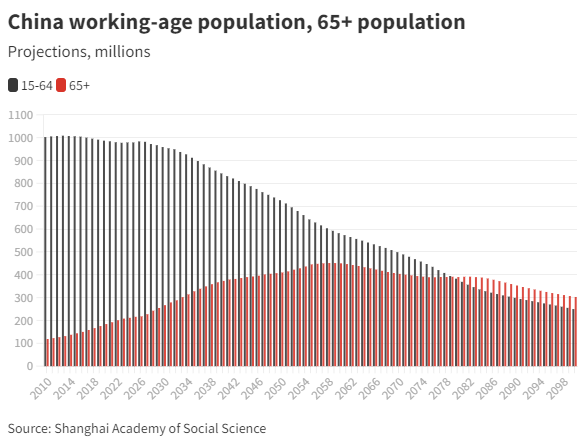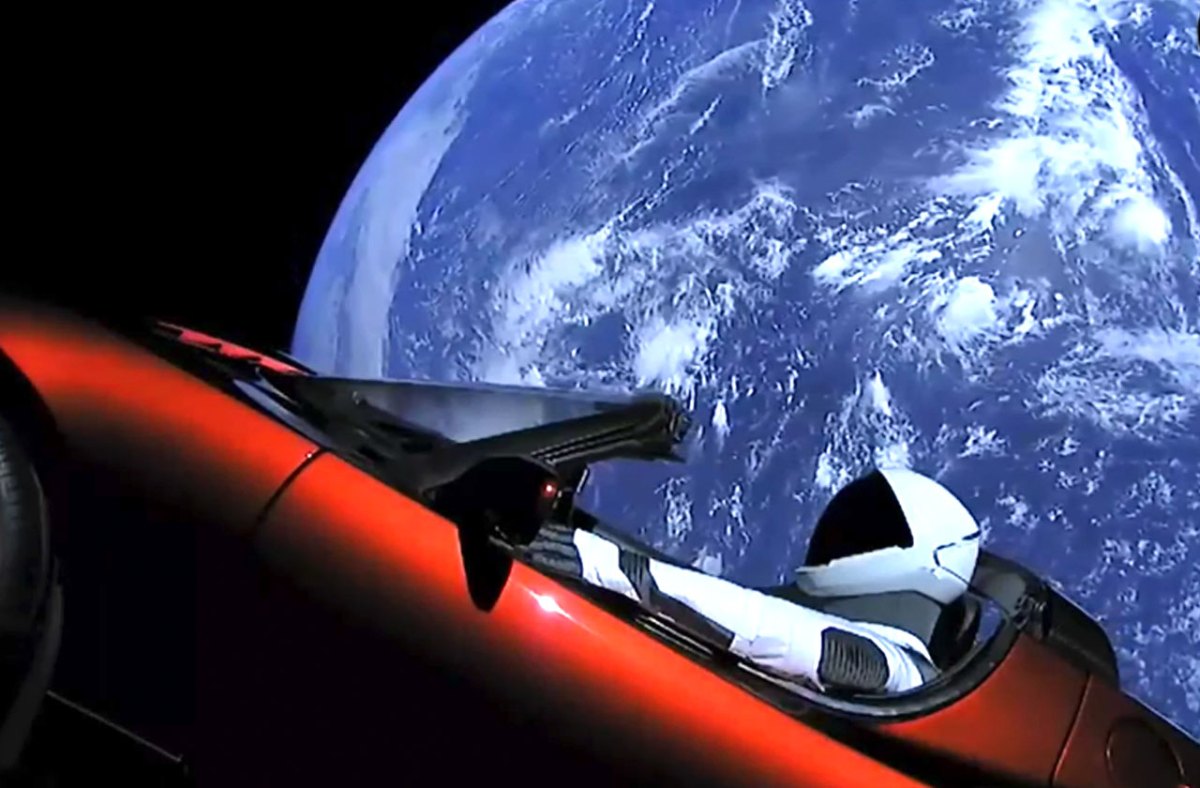https://futurism.com/the-byte/chinese-solar-panels-space
Lots of research on the subject going back to 2013, and it just seems like China is the current field leader in the research.
I know they are under a lot of pressure to get off Coal, they are well aware they have a ticking timebomb of an agriculture problem on their hand from the pollution and have been frantic on finding alternatives for a while. I just didn't realize they had been spending money in this area.
Lots of research on the subject going back to 2013, and it just seems like China is the current field leader in the research.
I know they are under a lot of pressure to get off Coal, they are well aware they have a ticking timebomb of an agriculture problem on their hand from the pollution and have been frantic on finding alternatives for a while. I just didn't realize they had been spending money in this area.
![[H]ard|Forum](/styles/hardforum/xenforo/logo_dark.png)



